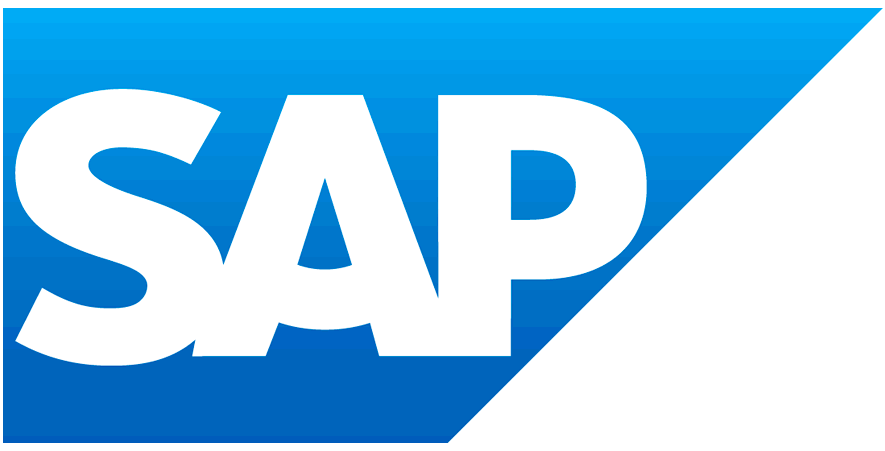Share Economy Comes to Education: Notes from the MOOCs Experiment
By Susan Galer in SAP Business Trends
When I first blogged about MOOCs about a year ago, they were causing significant consternation about the fate of education. This hasn’t stopped their exponential growth across business and academia.Harvard Business School has introduced its online learning system,HBX. California-based online course provider Coursera just snared ex-Yale president, Richard C. Levin, as its new chief executive. There’s also movement afoot, backed by the U.S. Secretary of Education, Arne Duncan, to review how credit is offered, including looking at digital badges, that contain a record of student coursework across institutions.
Everyone I’ve talked with lately believes that online learning is here to stay, and it’s transforming education. According to Michael Nanfito, Executive Director at the National Institute for Technology in Liberal Education (NITLE), “The business of education has become very expensive, and that’s compelling institutions to sharing curriculums across campus boundaries. You can achieve economies of scale for under-enrolled courses when you combine forces.”
Nanfito says that his organization has been working with colleges to collaboratively share language curriculums, attracting students from different schools to take courses on the same platform. “Online learning is increasingly important, both in terms of development of pedagogy and expanding learning experiences for students.”
Kathryn Jablokow, an associate professor at Pennsylvania State University who taught her first MOOC, “Creativity, Innovation and Change,” last year, is just as upbeat. She reports total enrollment of 165,000, and 45,000 students on the waitlist for the next session. It’s an unqualified success for something that’s admittedly in an experimentation stage.“We didn’t know what would happen. There are still tons of questions about MOOCs, but people are very excited as they figure out what we can do with them and how well they work. Feedback from our students has been extremely positive.”
Penn State is exploring the use of MOOCs as prep courses for incoming freshman before they arrive on campus. Jablokow also discussed the potential of using MOOCs as the at-home component of “flipped classroom” courses. In this model, students watch videotaped lectures and take quizzes online, then use classroom time to apply what they’ve learned through discussions and homework.
MOOCs are evolving in the business world too. Having attracted 200,000+ enrollees in the past year to its openSAP Enterprise MOOCs, SAP is expanding its offerings to one of today’s hottest topics--sustainability. Dr. Peter Graf, Chief, Sustainability Officer at SAP, who will instruct the course, “Sustainability and Business Innovation,” believes that businesses are ideally positioned to share real-world lessons learned.“The next generation of employees and leaders expects that businesses act in a sustainable and responsible manner. And research has also shown they want bring their values into the workplace. Providing an open and free course in sustainable business practices and related innovation supports this quest. It helps them drive more sustainable business practices into whatever industry or organization they decide to work for.”
MOOCs reflect the share economy at its most promising. For businesses and educational institutions, they can help foster agile, lifelong learning. If the global community gets behind more multi-faceted approaches to learning, there’s no telling how far this new learning experience can take us.

